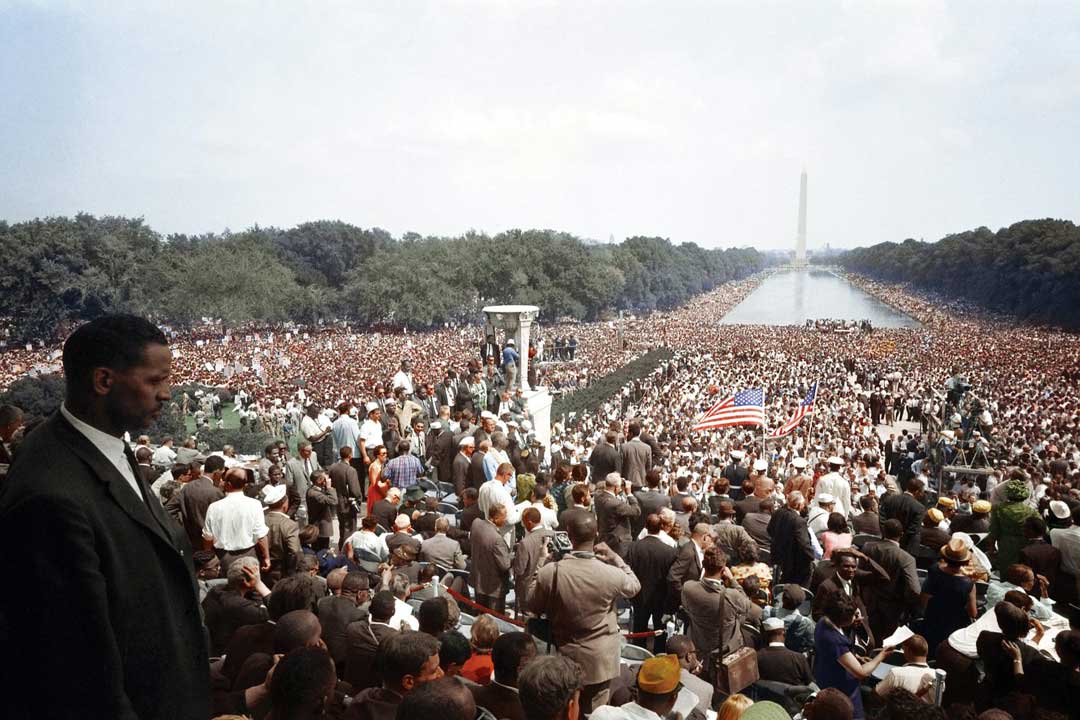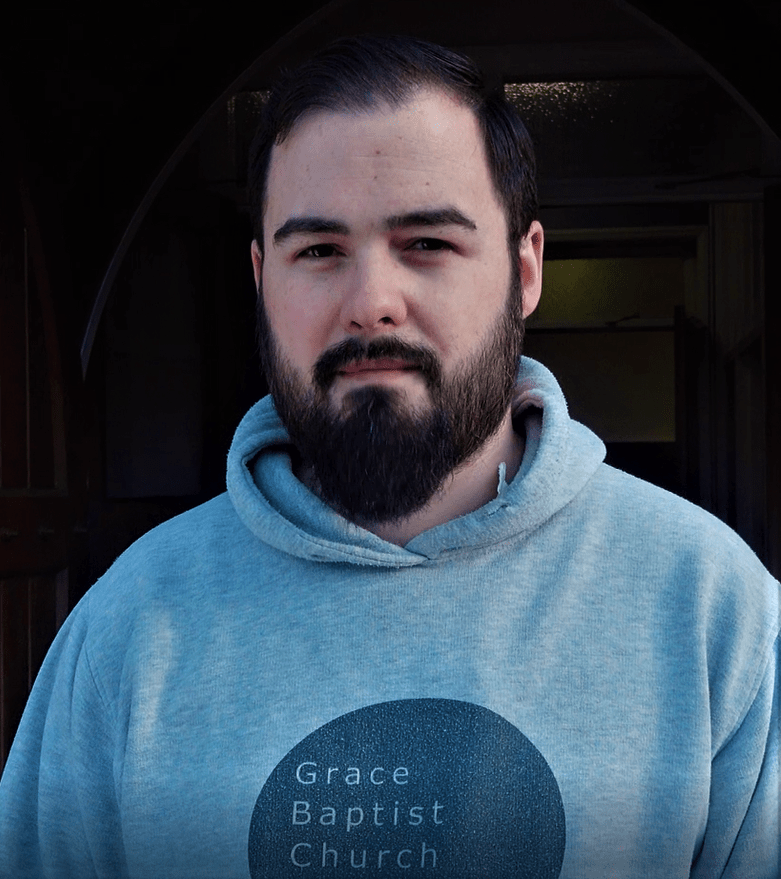Black History Month sprang out of African American celebrations of Abraham Lincoln’s and Frederick Douglass’s February birthdays. “Negro History Week” began in February 1926 to recognize African American contributions to society and raise awareness of the prejudice they faced. This week’s importance was well established by 1976, when the United States celebrated its bicentennial, and the week expanded to a month. To mark the inaugural Black History Month, President Gerald R. Ford said,
“[W]e can seize the opportunity to honor the too-often neglected accomplishments of black Americans in every area of endeavor throughout our history. I urge my fellow citizens to join me in tribute to Black History Month and the message of courage and perseverance it brings to all of us.”
Although I am from Arkansas, I have lived in London, England for almost 20 years. Since 1987, October has been designated as “Black History Month” in the United Kingdom. Like its American relative, it is an annual opportunity to reflect specifically on the men and women of the African diaspora and to commemorate their courage and contributions to society. For several years I have used the month as an opportunity to research and write stories from black history for my own knowledge and development, but also for anyone else who may benefit and be prompted to further research.
I have tended, due to my location, to focus primarily on British Black history, because so much of the month’s conversations, even in the UK, revolve around and are framed by the struggle of black people in America, as though our own black history isn’t important. I also primarily write about people who professed Christian faith, as I too am a Christian—indeed the pastor of a Baptist church!—and many—perhaps most—of my friends and colleagues are both black and Christian. So why would a white pastor read and write about black history? I believe my reasons also hold true for an American context.
1. I like world history, not just white history. Unfortunately, the latter sometimes pretends to be the former. Black history is the story of fellow human beings made in the image of God and possessing intrinsic dignity and worth. “Why don’t we have White History Month?” I have occasionally been asked. We are in a white majority country with, consequently, white majority history. We don’t need a white history month, since our history is already told from that perspective. Black History Month helps restore to the public view true histories of racialized minorities that have been erased by white supremacist revisionism, suppressed by colonial oppression, or lost due to ethnic cleansing or forced displacement.
2. Black history overlaps with Christian history. Black and brown skinned people believed in Jesus before white people, and they have continued to believe in Jesus often despite white people. The white-washing of Christian history is to the deprivation and detriment of all. The overlap of Christian history with black history almost always tells stories that demonstrate the overlap of the gospel with its social implications. At a devotional level, the convergence of black history with Christian history illustrates biblical doctrines of human depravity and dignity, persecution and promise, suffering and victory. Reading and teaching black history as a white pastor communicates clearly that Christianity is not a “white man’s religion.” It never was. It is for people from all the nations of the world, representing every hue in the palette of human color. You can be black and Christian, and this needs to be clarified more than ever. In my ministry, I often interact with adherents to various Afro-centric cults, religious and political organizations that insist that following Christ as a black person is weakness, betrayal, post-traumatic slavery syndrome, or colonialism. These groups call into question the Christ-following person’s authentic “blackness.” This is the reactive fruit of an older problem: the wedding of notions of white superiority with Christianity. This unholy union takes many forms today. One unholy union is color/culture bigotry, including everything from white-centric proposals for Christian nationalism and “Christian” defenses of slavery to racial stereotypes and tropes and racist discrimination and abuse. Another is color/culture blindness, including Christians who speak as though acknowledging any ethnic differences, cultural distinctives, or the social reality of racial constructs is tantamount to dividing the Body of Christ. So they ignore the personal testimonies, unique experiences, and existential realities of being black in non-black spaces. The truth biblically is neither color/culture bigotry nor color/culture blindness, but celebrating color/culture beauty in the context of Christ’s lordship over all.
3. I see researching and writing about black history as a matter of pastoral responsibility and missional opportunity. I love my church and local community. A significant percentage of people in both are black. I may not be black, but I have a personal interest and a pastoral impulse to learn about the histories, cultures, and experiences of people I serve. In these contexts, white people like myself can learn and speak about subjects of black interest without an agenda to colonize, fetishize, tokenize, patronize, or paternalize. For me, it is not “I have to” but “I get to” learn about them. Listening, learning, and sharing can be gospel-driven, Spirit-empowered tools for my growth in the knowledge and likeness of Christ as someone set apart by God for his kingdom, helping me be a better person and pastor.
- For a brief history of Black History month, see Scott Neuman, “It’s Black History Month. Here are 3 things to know about the annual celebration,” February 1, 2023, NPR, available at https://www.npr.org/2023/02/01/1150977600/black-history-month-2023-theme-3-things-to-know.
- Gerald R. Ford, “Message on the Observance of Black History Month,” February 10, 1976, The American Presidency Project, available at https://www.presidency.ucsb.edu/node/242460.
Prayer Requests
- Pray for a greater willingness to listen to and learn from the histories of our neighbors from other ethnicities.
- Pray against individual and systemic efforts to dishonestly revise or sanitize history, and to prevent the study of African American history in particular.
- Pray for the study of history to lead people away from the idolatry, immorality, and injustice of the world to the forgiveness and freedom that comes from history’s Author and the world’s Creator, resulting in just, kind, and humble lives.












